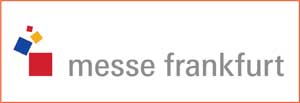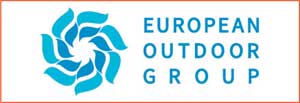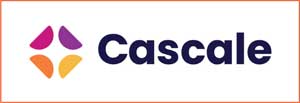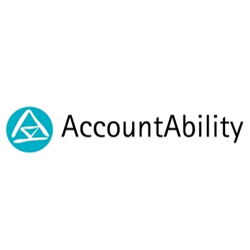 AA1000 Standards
AA1000 Standards
AA1000 are a set of three free to use standards that have been developed to improve the accountability, reporting and overall sustainability performance of an...
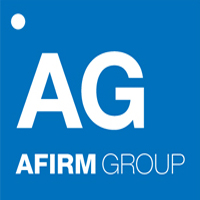 AFIRM
AFIRM
The AFIRM (the Apparel & Footwear International RSL Management Working Group) provides resources for sustainable, self-governing RSL implementation across the...
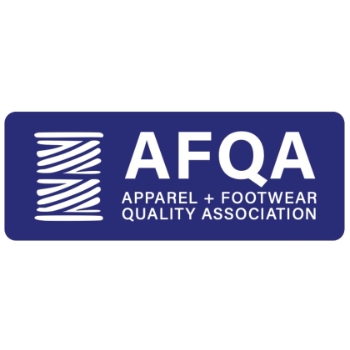 AFQA
AFQA
The Apparel and Footwear Quality Association (AFQA) is a new collaborative forum of apparel and footwear companies that aims to improve physical textile testing to...
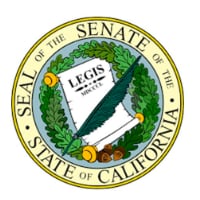 California Climate Corporate Data Accountability Act (SB 253)
California Climate Corporate Data Accountability Act (SB 253)
This bill was signed into law on 7th October 2023, and mandates that public and private companies operating in California – with annual revenues exceeding $1 billion...
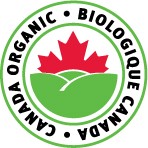 Canada Organic Regime
Canada Organic Regime
The Canada Organic Regime is a food based standard, but it’s interesting from a textiles point of view because in June 2009, an ‘equivalency agreement’ was signed...
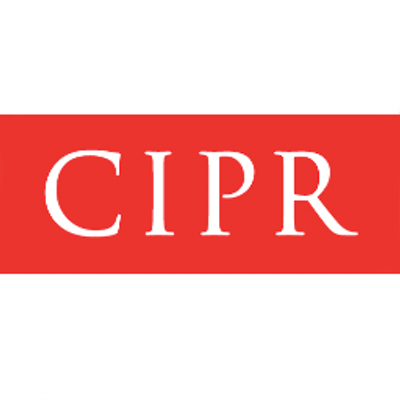 CIPR Guidelines for Environmental Sustainability
CIPR Guidelines for Environmental Sustainability
The Guidelines for Environmental Sustainability Communications, from the UK-based Chartered Institute of Public Relations (CIPR) are voluntary guidelines developed for...
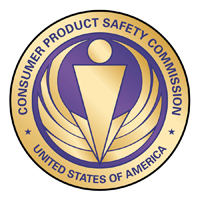 Consumer Product Safety Improvement Act
Consumer Product Safety Improvement Act
The Consumer Product Safety Improvement Act of 2008 (CPSIA) was enacted by the federal government of the United States of America to “establish consumer product safety...
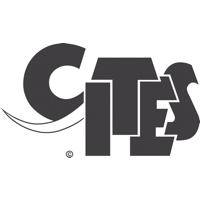 Convention on International Trade in Endangered Species of Wild Fauna and Flora (CITES)
Convention on International Trade in Endangered Species of Wild Fauna and Flora (CITES)
The Convention on International Trade in Endangered Species of Wild Fauna and Flora (CITES) is a voluntary, international agreement between participating governments. It...
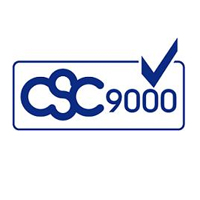 CSC 9000T
CSC 9000T
The standard is based on Chinese laws, regulations and relevant international conventions, and was first launched in 2005 by the China National Textile and Apparel...
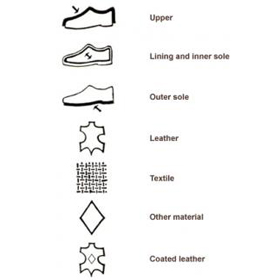 Directive 94/11/EC - Labelling applying to materials used in footwear
Directive 94/11/EC - Labelling applying to materials used in footwear
Directive 94/11/EC is a legal act of the European Union concerning the labelling of materials used in footwear, including parts sold separately. The European Union has...
 Directive on empowering consumers for the green transition
Directive on empowering consumers for the green transition
The Directive on Empowering Consumers for the Green Transition, adopted on 20th February, 2024, is an upgrade to previous EU directives (2005/29/EC and 2011/83/EU), to...
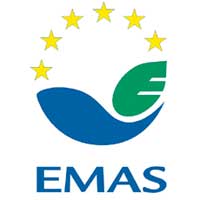 EMAS
EMAS
The EU Eco-Management and Audit Scheme (EMAS) regulation is a management tool for companies and other organisations to evaluate, report and improve their environmental...
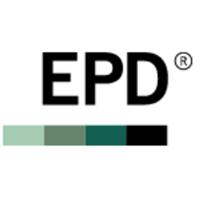 Environmental Product Declaration (EPD)
Environmental Product Declaration (EPD)
An Environmental Product Declaration (EPD) is a verified and registered document that communicates transparent and comparable information about the life-cycle...
 EU General Product Safety Directive
EU General Product Safety Directive
The EU General Product Safety Directive is a directive provided by the European Commission on the requirements and surveillance of non-food consumer products on the market.
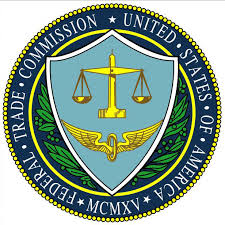 FTC Recycled Content
FTC Recycled Content
According to the FTC Recycled Content guidelines, it is deceptive to misrepresent, directly or by implication, that a product or package is made of recycled content.
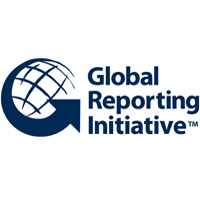 Global Reporting Initiative
Global Reporting Initiative
The Global Reporting Initiative (GRI) is a non-profit organisation that promotes economic sustainability and produces one of the world's most prevalent standards for...
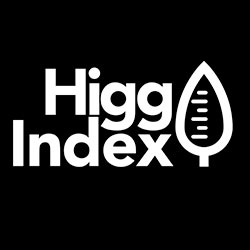 Higg Index
Higg Index
The Higg Index, is a suite of self-assessment tools developed and owned by Cascale that assesses the manufacturing, brand and product impacts of textile and consumer...
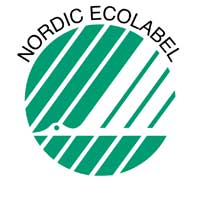 Nordic Ecolabel
Nordic Ecolabel
The non-profit Nordic ‘Swan’ Ecolabel is a voluntary license designed to help companies make and indicate products to the consumer that are more sustainable. It is...
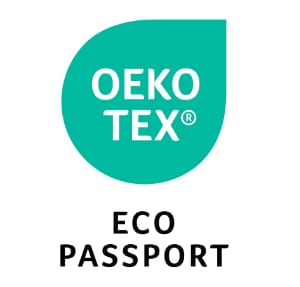 Oeko-Tex Eco Passport
Oeko-Tex Eco Passport
The ‘Eco Passport’ by Oeko-Tex is an independent certification system for chemicals, colourants and auxiliaries used in the textile and leather industry. It is...
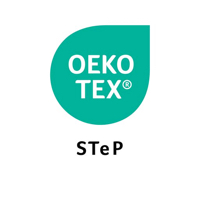 Oeko-Tex Sustainable Textile Production - STeP
Oeko-Tex Sustainable Textile Production - STeP
Sustainable Textile Production (STeP) is an Oeko-Tex certification system for brands, retail companies and manufacturers from the textile chain who want to communicate...
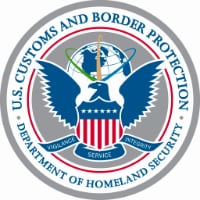 The Uyghur Forced Labor Prevention Act
The Uyghur Forced Labor Prevention Act
Approved by US Congress in December 2021, the Uyghur Forced Labor Prevention Act, also known as the UFLPA, prohibits the importation of goods into the United States...


